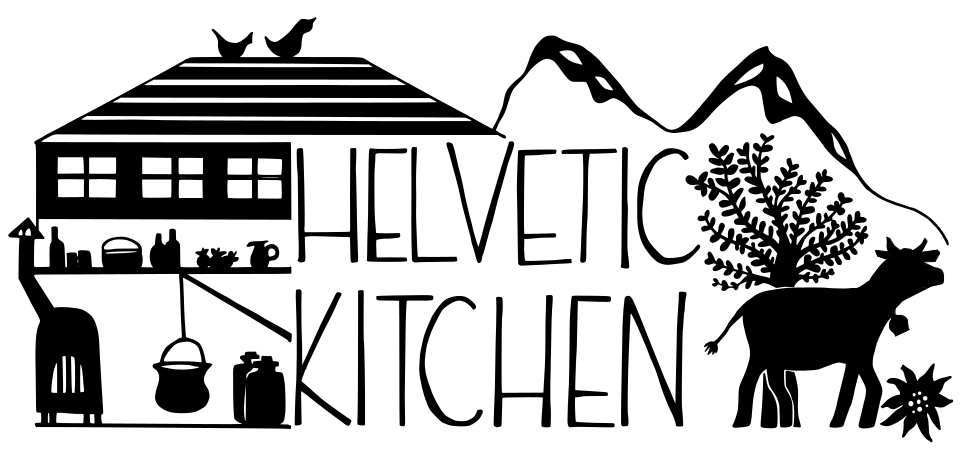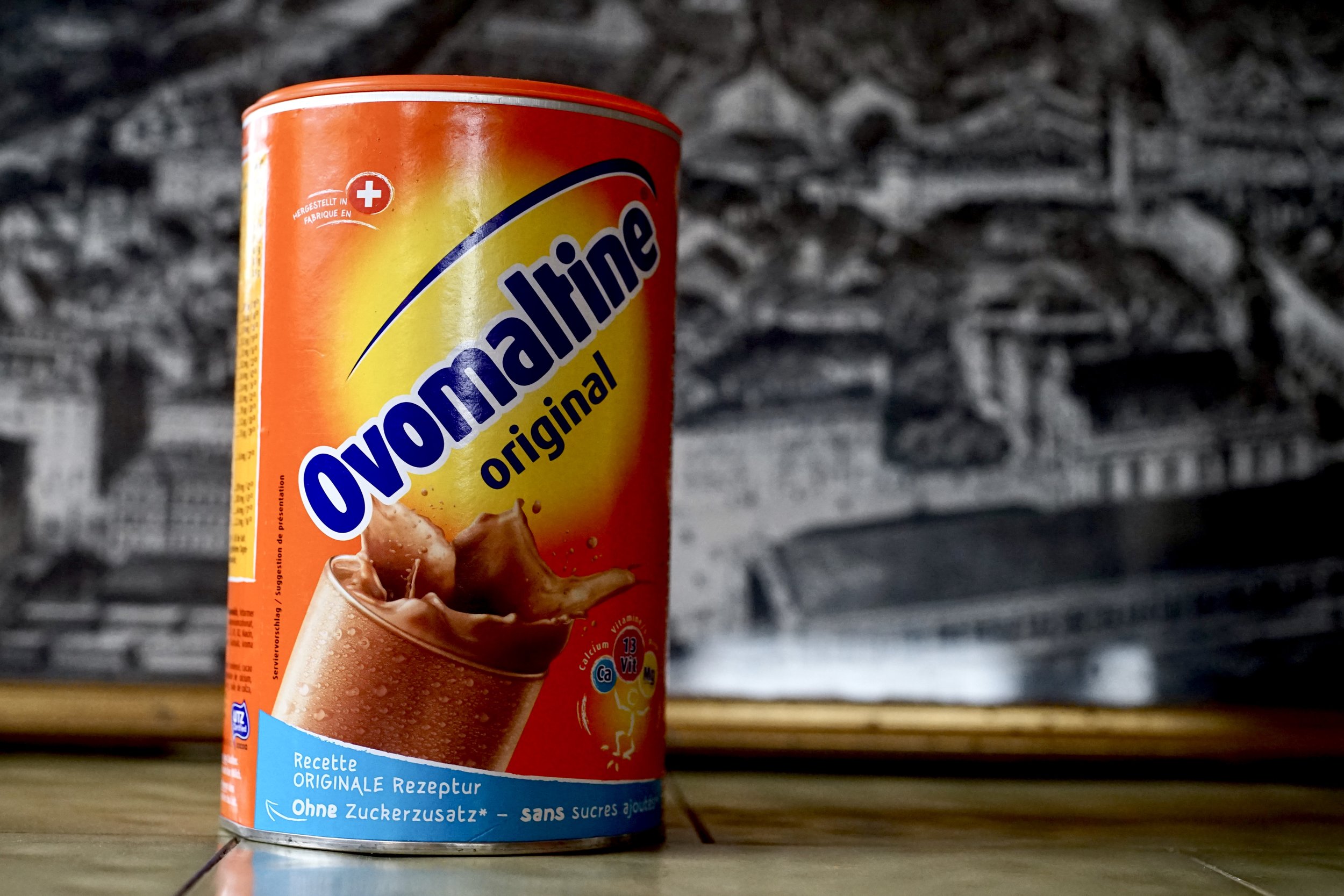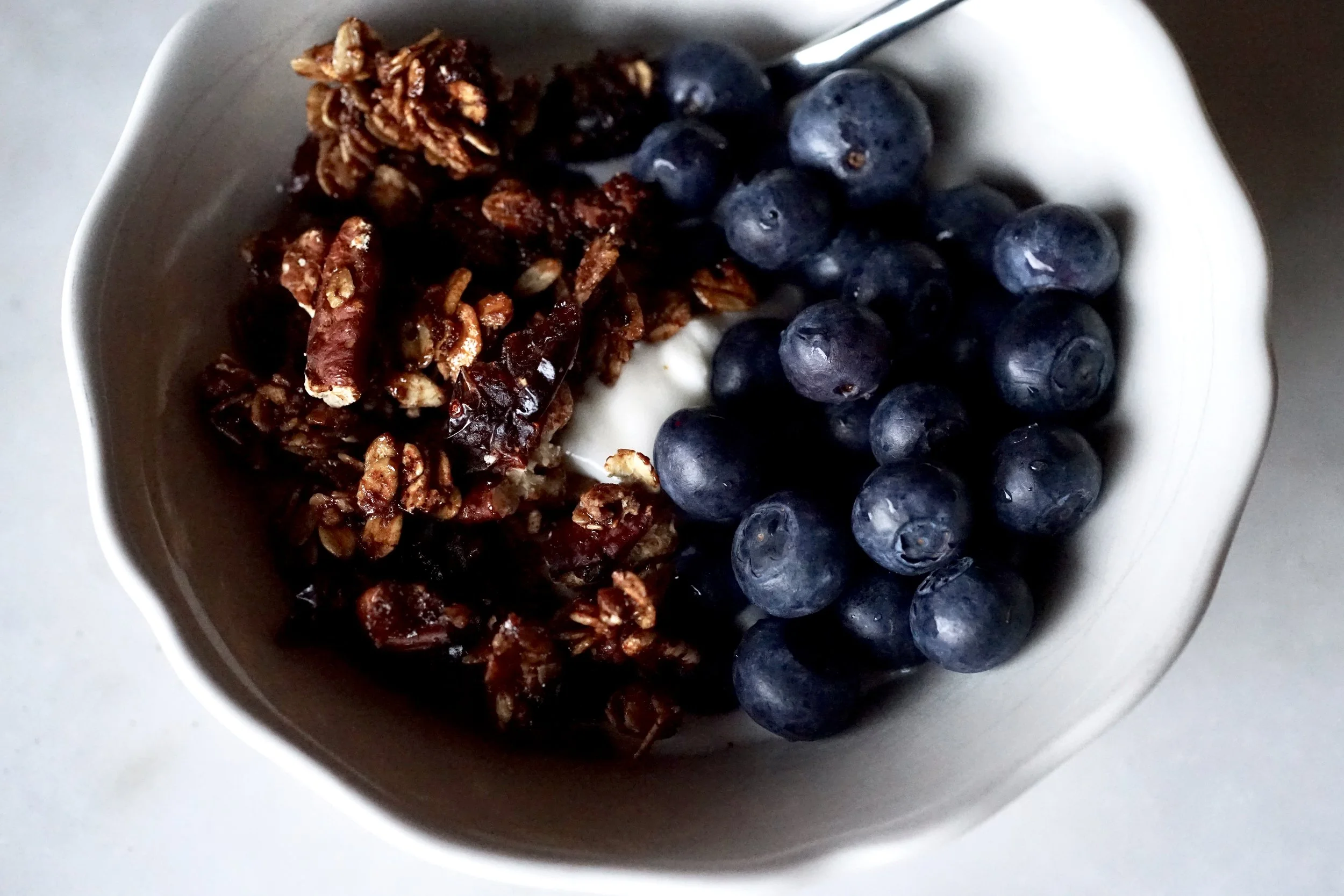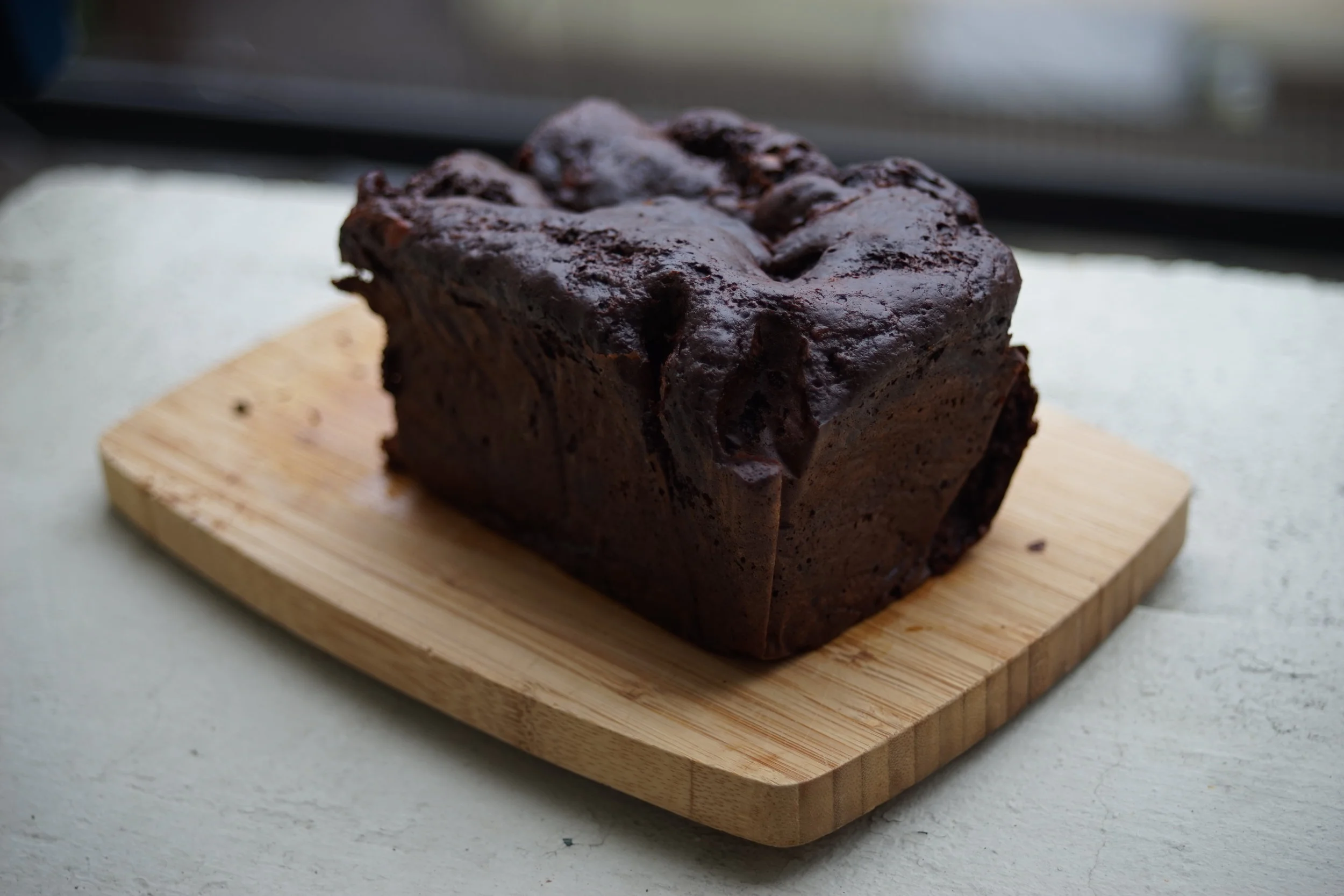Ovomaltine
No, English speakers, that's not a spelling mistake—the original name of the product was misspelled on its British trademark registration, leading to its English name of Ovaltine. (And no, it should definitely not be called 'Roundtine'...)
Ovomaltine is one of the most famous and recognizable Swiss products. It is a mix-in-milk powder made from malt, egg, and milk, and flavoured with cocoa. The original recipe was developed in 1904 in Bern and remains largely unchanged today.
In the middle of the 1800s, every fifth child in Switzerland died of malnutrition. The pharmacist and chemist Georg Wander wanted to find a solution, so he founded a lab in Bern and began experimenting with malt. Upon his death his son, also a pharmacist and chemist, took over the lab and tried to improve his father's early malt products, including a malt powder drink. Eventually he succeeded and Ovomaltine as we know it today was born. Initially sold in pharmacies, it was later was reclassified as a food product and sold in supermarkets.
Swiss advertisements throughout the decades have consistently shown Ovomaltine, combined with alpine milk and outdoor activities, to be the key to good health. Their famous tongue-in-cheek slogan Mit Ovo chaschs nöd besser. Aber länger! (with Ovo you can't do it better, but you can do it longer) spawned dozens of print and TV ads.
During the Second World War, drinking Ovomaltine was seen as an act of national solidarity, as well as an important source of nutrition for children during lean times. It remains a part of the Swiss psyche and the Swiss supply is still produced in the original factory in Neuenegg, near Bern, by a team of 300 employees.
The first export of Ovomaltine was to Italy in 1906, and Britain followed in 1909. The British are currently the largest consumers of the powder in Europe. With factories all over the world, Ovo is appreciated by an international clientele. Today it is estimated that 3 billion cups are drunk each year worldwide.










